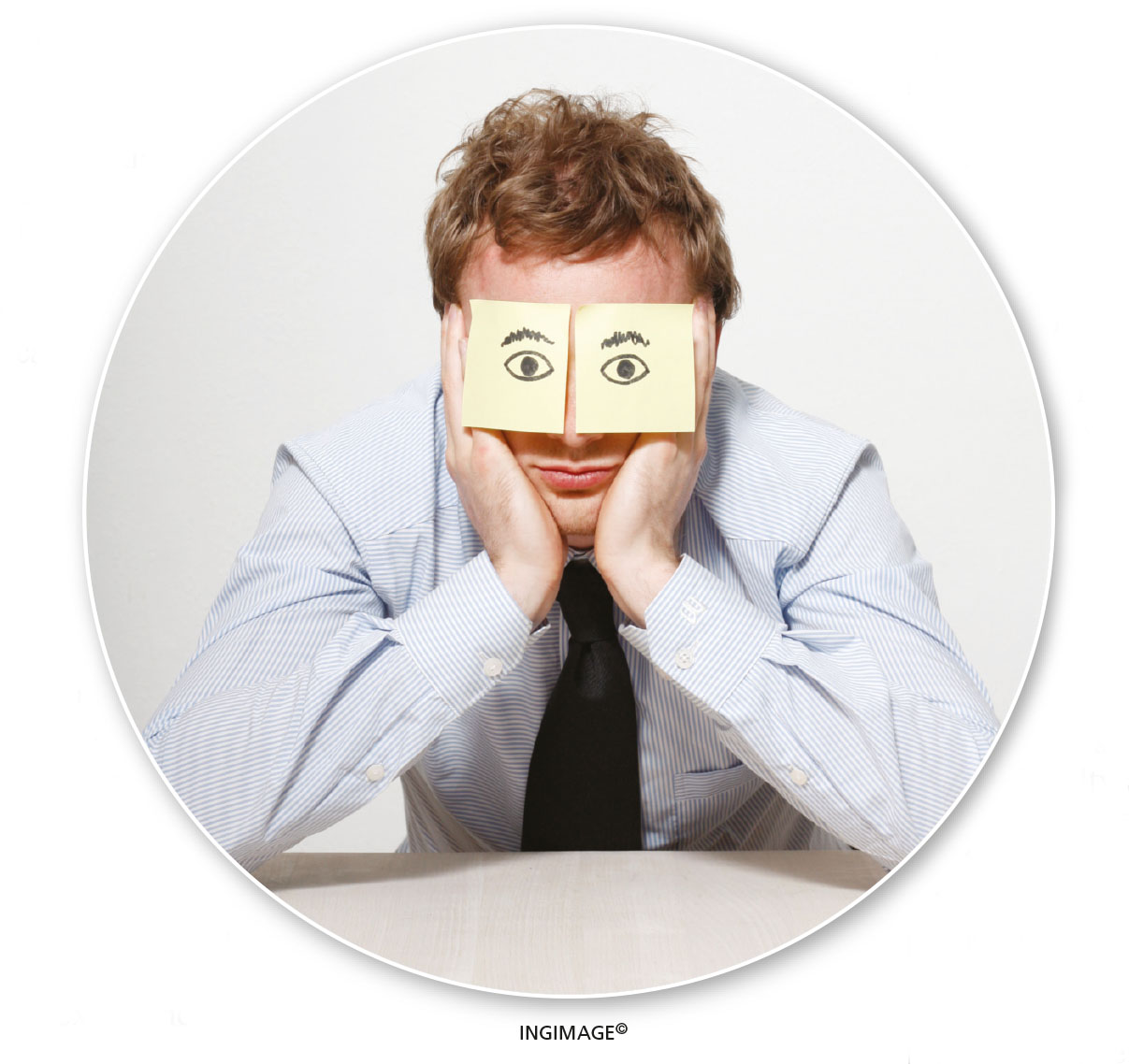STRESS MANAGEMENT
KNOWING THYSELF
Archana Law explains how stress affects different personality types

Centuries ago, Greek philosopher Socrates wisely declared that the major task of life is to ‘know thyself.’ Introspection and reflection bring deep insights as we make our journey through life. Logically, when we first understand ourselves, we can better understand how to successfully communicate and relate to others.
Picture an iceberg with only 10 percent visible above the surface, representing human behaviour. With 90 percent under water, the real danger for ships is the motive below the surface! In order to live optimally, you have to fulfil your basic needs. Much like food and water are essential for survival, we can literally starve ourselves when our core needs aren’t met.
Under stress, we often display behaviour we aren’t proud of such as reactionary actions that exacerbate an already bad situation. More often than not, we do something to aggravate the problems we’re experiencing!
Reputed Harvard psychologist Dr. William Moulton Marston, in his essay titled ‘The Emotions of Normal People,’ observed that when normal people interact with others and the world around them, their behaviour displays their perception of the environment and of themselves. These two types of perceptions together drive an individual’s response to a situation.
When the environment is perceived as unfavourable and the individual feels more powerful than the environment, he will likely try to direct, change, fix or control the situation, or attempt to influence others to embrace his point of view.
On the other hand, if the individual feels less powerful than the environment, he will likely set clear rules within the situation and work very hard to follow them. He may also display behaviour that offers support and help to others, in an attempt to stabilise the situation and promote harmony.
There are four behavioural styles that result from combining these two factors.
LOVE A CHALLENGE Those who speak fast, move fast and want results love challenges: they will do everything they can to figure out how to overcome them; they can be relied on to get things done. However, such people need to be in control and they have a hard time when they’re not. Curbing their independence, confronting them or imposing strict rules with little allowance for individual accomplishment is extremely stressful for them.
TALK AND INTERACT The outgoing and friendly extroverts who love discussions and tell stories are interactive, positive and talkative. Keeping track of details and being organised is best left to others. They look for ways to have fun, innovating and generally bringing high energy to whatever they find interesting. Give them a few routine tasks, deadlines or detailed analysis, or micromanage them, and watch their stress levels shoot up!
NO CONFRONTATION These people score high marks for sensitivity, loyalty and support. Their movements are deliberate, and they deep dive into their tasks and are more emotionally connected to others when communicating. They’re the glue that keeps teams together. However, they find conflict difficult to handle and don’t like to rock the boat. They tend to internalise their stress especially when confronting others, juggling with things they haven’t been able to say ‘no’ to.
CALM PLANNERS These people are cautious, and comply with rules and processes. They’re objective thinkers who are interested in order, precision and accuracy. They typically plan effectively, can be counted on to solve problems and little escapes their attention to detail. Being in close proximity with lots of emotional and erratic people, or giving them a poorly defined goal to reach, few resources and a short time frame, or challenging their thorough approach, can put them under stress.
Stress is a state of mental or emotional strain or tension resulting from demanding circumstances, which makes the body respond as though we are in danger. It accelerates our heart rate with hormones; breathing is faster and there’s a burst of energy in the body. This is also known as the fight or flight response.
Prolonged stress can result in headaches, digestive problems, back pain and troubled sleeping patterns; it weakens the immune system, making it harder to fight disease; and it aggravates existing health problems. This emotional yo-yo affects both performance and relationships.
Once you recognise your own reactions, you can shape your behaviour to be more effective. “The greatest weapon against stress is our ability to choose one thought over another,” said American philosopher and psychologist William James.
If you dedicate as little as 15 minutes a day to meditate or engage in quiet mental relaxation, you’ll rejuvenate your body and sharpen your mind while reducing stress related problems.



